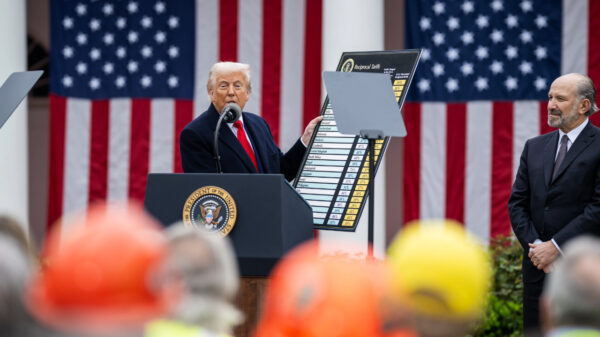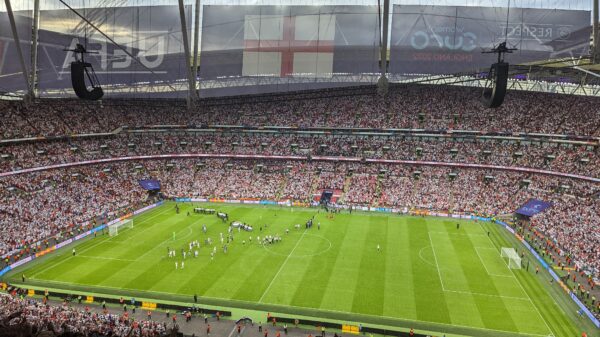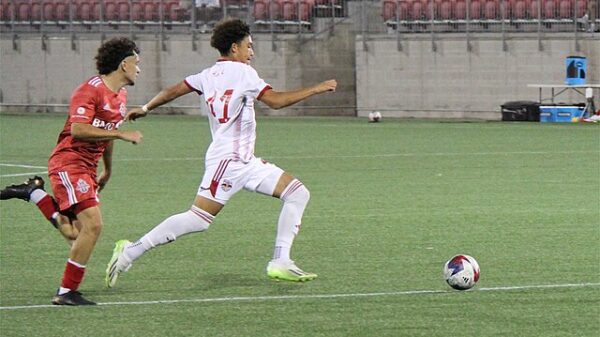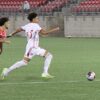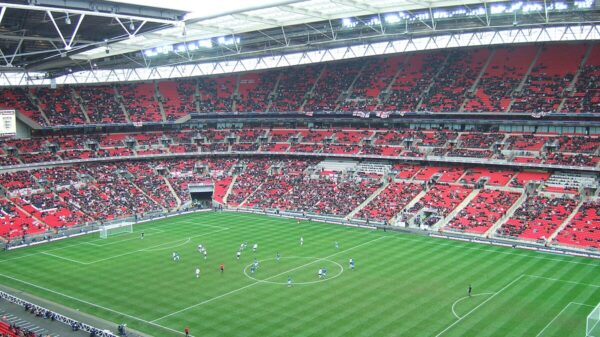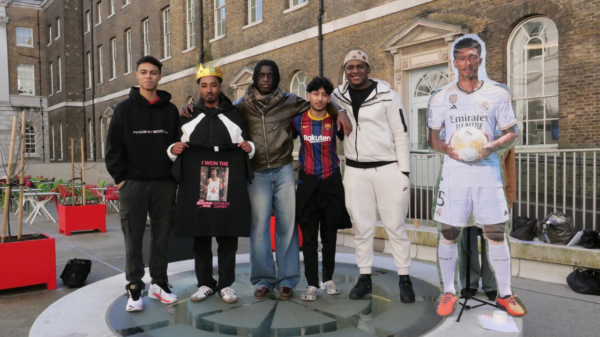October 7th, 2021, is a day that will be remembered for a long time in northeast England no matter what colours you wear or how invested in the great sporting heritage of the region you are.
That was the day Newcastle United Football Club was bought by a consortium in majority, though not wholly funded by the Saudi Arabian Public Investment Fund. Since then, the club has turned around a disastrous season, seen significant investment, and rushed to heights not seen in two decades. However, that’s not what I’m here to talk about. I want to explore the geopolitical circumstances that have led Newcastle United to the upper echelons of the Premier League and what this means to the fans of the club.
Who Owns Newcastle United?
The general talk in the press and the pub is about Newcastle’s Saudi takeover, being bought by the government of Saudi Arabia and directly under the control of Mohammed bin Salman, the Saudi Crown Prince. Although not fully accurate, it is not really a misrepresentation to characterise the takeover as such. There are four main entities involved in the buying and now running of the club:
Firstly, the woman who fronted a couple of attempts, Amanda Staveley, and her company PCP Capital Partners. Staveley was born in Yorkshire, and by the late 2000s, a critical mover and shaker in securing British-Arab business deals. For example, her significant role in brokering the 2008 £7.3 billion investment in Barclays bank by the sovereign wealth funds and royal families of the UAE and Qatar. The 2021 takeover was in fact her second attempt at buying the club, having first tried and failed with a different consortium in 2018. Upon completion of the takeover, PCP took control of 10% of the shares of the club.
The second major investor is Jaime Reuben. The son of billionaire businessman David Reuben, he has direct football experience having served on the board of championship side Queens Park Rangers for two years before becoming owner of 10% of the Magpies and taking a place on its board.
Thirdly, the Saudi Public Investment Fund (PIF). Sovereign wealth funds are state or government-owned, which use government cash generated in a variety of ways to invest in foreign businesses, either with a view to make profit or simply to expand the global reach of the state who controls it. The Saudi PIF is one of the most prolific and pervasive wealth funds on the planet, having its long grasping fingers in pretty much all of the proverbial pies, from modern gig economy tech companies such as Uber and social media platforms including both Twitter and Facebook, to more traditional businesses like Disney and Boeing.
The PIF is an entity directly under control of the deeply repressive and regressive Saudi state whose crimes against humanity range from the execution of LGBTQ people for their sexuality to the ongoing war crimes and ethnic cleansing in Yemen. The PIF took over the remaining 80% stake in the club. This means that the split of ownership of Newcastle United is 80% Saudi PIF, 10% PCP (Staveley) and 10% Reubens.
A fourth and final significant player in the takeover was the British government itself. Britain is a long-time ally of the Saudi state, with a lively arms trade from Britain to the peninsula nation being the core of relations between the two countries. At the time, there was heavy speculation around British government pressure on the Premier League to pass the takeover. This has since been revealed to be true last year.
Now, it is important to remember the entity from which was bought was hardly a guardian angel of moral virtue and clean ethics. The previous owner of NUFC was Mike Ashley, most notably the owner of Sports Direct, the sports shopping brand that has repeatedly come under fire for appalling treatment of its workers. A 2016 House of Commons Report on the business practices referred to their treatment of workers as “commodities rather than as human beings with rights”. These crimes are not comparable but a clear demonstration that Newcastle is more like a pawn that has been used, exploited, and being passed around as a PR piece. This is an escalation of an existing problem in football.
The takeover was immediately met with staunch political opposition from the government of Qatar. This was not on moral grounds but simply due to the alleged systematic Saudi piracy of Qatari state-owned media company, Bein, as the company had been banned in the Saudi state since 2017 due to a fraught relationship between the two nations. Further vocal objections followed from the clubs of the Premier League, chiefly fronted by the set of clubs who were concurrently attempting to form a breakaway European “Super League”, along with a list of clubs which included the Qatari state-owned Paris Saint-Germain and Manchester City, ostensibly owned by Sheikh Mansour (Deputy Prime Minister of the United Arab Emirates).
The so called “big six” opposition to the takeover took place largely behind closed doors, unlike those of the Qatari state and the various human rights organisations, so we must be left to form our own conclusions on just why a collection of clubs looking to break away and secure their own financial supremacy over the English game would push against a new influx of wealth to a club outside of their plans. Ultimately, the most important and most sincere of the opposition that faced up to the takeover was the multitude of human rights organisations that opposed the buyout of the club. The biggest opposition came from Amnesty International, which opposed the Saudi Arabian “sportswashing”, a term used to describe states using international sports to attempt to change the narrative around their internal and external human rights abuses.
Here ends part one of this piece, in Part Two we will look at the view from the streets, the way everyday fans of Newcastle United are reacting to the takeover and why.



